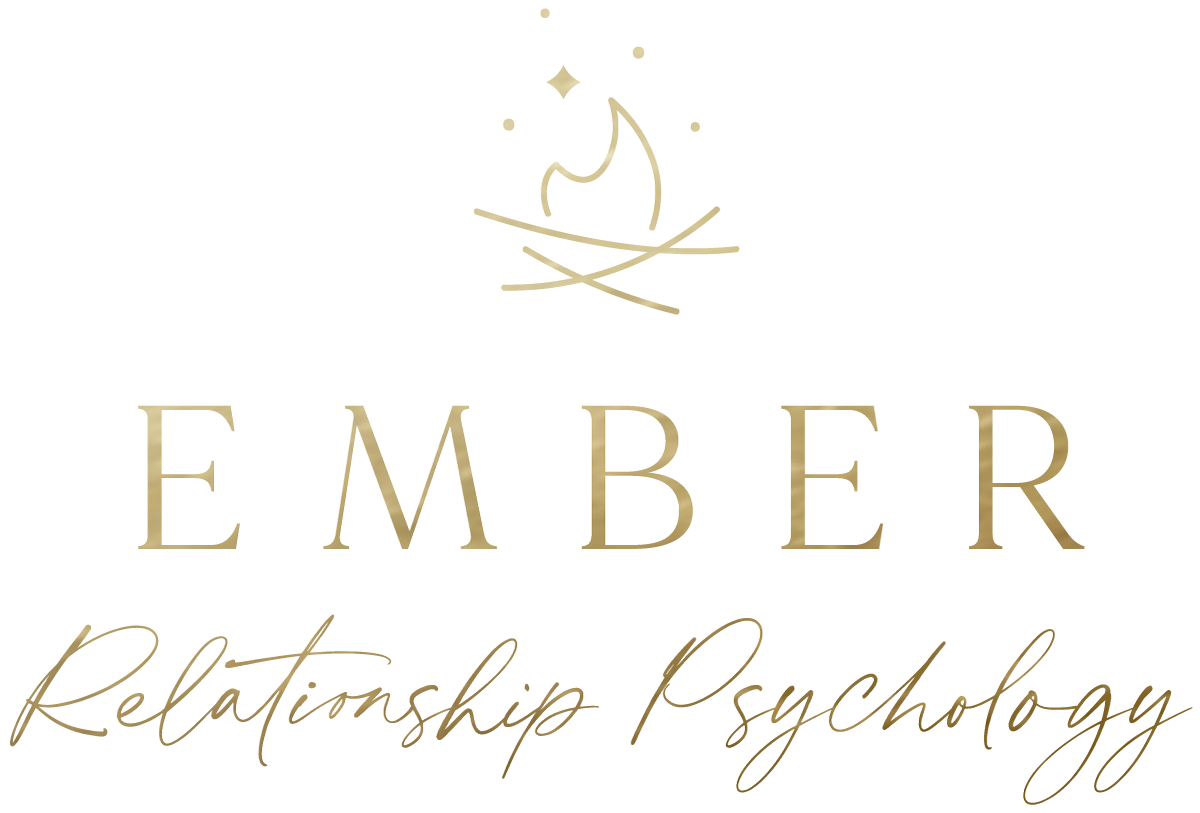The Truth about Creating Emotional Intimacy with Your Partner
by Amber Dalsin, M.Sc., C.Psych.
2 secrets for getting your partner to open up
What Do Women Want?
After hundreds of couples therapy sessions, there are a few themes I have noticed. One is that typically, women want emotional intimacy.
I am no different.
Years ago, I went to couples counseling with my long-term partner. We started our relationship very close; we would talk for hours and when apart, we would text. It felt so intimate. As time passed, we could hardly speak to each other.
He suggested we go to couples therapy. The therapist asked us what we wanted. What did I say? “I want emotional intimacy.” What the therapist said next shocked me. The therapist turned to my partner and asked, “Do you know what emotional intimacy is?” I thought this was silly, I assumed my partner knew since we had once had this wonderful emotional intimacy. To my surprise, he said, “No.”
The First Secret is: many people do not know what emotional intimacy is. If they don’t know what it is, of course they can’t make changes to become more emotionally inmate. Many clients related to this. Their partner is asking for connection, they would do it if they could, but they have no idea how.
Did you know that most married men consider their wife their best friend and closest confidant? Whereas many women consider a girlfriend who they share thoughts and feelings with their best friend. Even if it doesn’t feel 100% intimate to you, maybe it is for him.
The Second Secret is: most people who want emotional intimacy create conditions that make their partner fearful to be intimate.
What does that mean?
On the TV show Animal Kingdom, Cath is married to Baz. Baz was adopted at age 12 by Smirf. Cath and Baz began dating when they were teenagers, and they eventually married. However, Cath is often upset because she has to compete with Smirf.
Baz and Cath start taking about having another child and are excited at the prospect. One day, Cath attempts to initiate sex with Baz, and he turns her down. She immediately accuses that Smirf said something. Baz becomes angry and defensive. What Cath doesn’t realize is that her raised voice, accusatory tone, and harsh words are repelling Baz. We can see Cath’s deep desire to come first in his life, to be the priority and be loved, while her actions push him away.
You may be hurt, feel unloved and disrespected, but if the goal is keeping him close, the environment you create in your pain may push your partner away.
Notice What Makes Your Partner Happy and Calm
I had a client who noticed her husband always murmured kind words to their dog. She realized that the dog made her husband feel safe and loved. Another client realized her husband was very emotionally expressive to their young children. She noticed the children’s excitement to see their father at the end of the day, the way they ran to hug him and snuggled on his lap. The more the children made him feel loved, the more he reciprocated.
In Getting Your Partner to Open Up:
1. Don’t assume your partner knows what emotional intimacy is. Explain what you need. Don’t say, “I need emotional intimacy,” because they might be like my ex and not know what that is. Instead, use questions to open the heart. Say, “Let’s talk about our first date and what we remember,” or, “Can you share a favorite memory with me?”
2. Make sure your partner feels safe. If you create a hostile environment, your partner won’t want to stay there.
To create deeper emotional intimacy, the first step is creating the conditions for a safe, connected and loving partnership. Once the conditions are set, here are some additional tools to help re-ignite your connection.
Turn towards your partner’s bids for connection. If you notice your partner trying to get your attention, affection or connection, do your best to respond in a positive way.
Demonstrate understanding of each other. A key component of emotional intimacy is feeling known, seen and understood by your partner.
Show you want to be with your partner. Psychologists call this demonstration and internal want to be there “intrinsic motivation”. Your partner will feel more connected if they have the sense that you get joy and pleasure from being around them.
Engage in non-sexual touch. Nurturing touch can help foster emotional connection. When you touch your partner you release oxytocin (a bonding hormone), and you feel more connected.
Doing any of these things infrequently will not lead to a deeper emotional connection. Emotional intimacy takes consistency over time.
Last year the plant in my backyard died. I decided I was going to try to revive it. I put some miracle grow on it, watered it, and waited. For weeks the plant was brown, and my husband thought it was a goner. But slowly, the leaves turned from brown to green. It took months of consistent care and attention, but it came back to life. Your relationship will take time and care too.
This blog is not meant to be a substitute for couples therapy or relationship counselling. This should not be construed as specific advice. See a relationship therapist in your area to address your specific problems.


